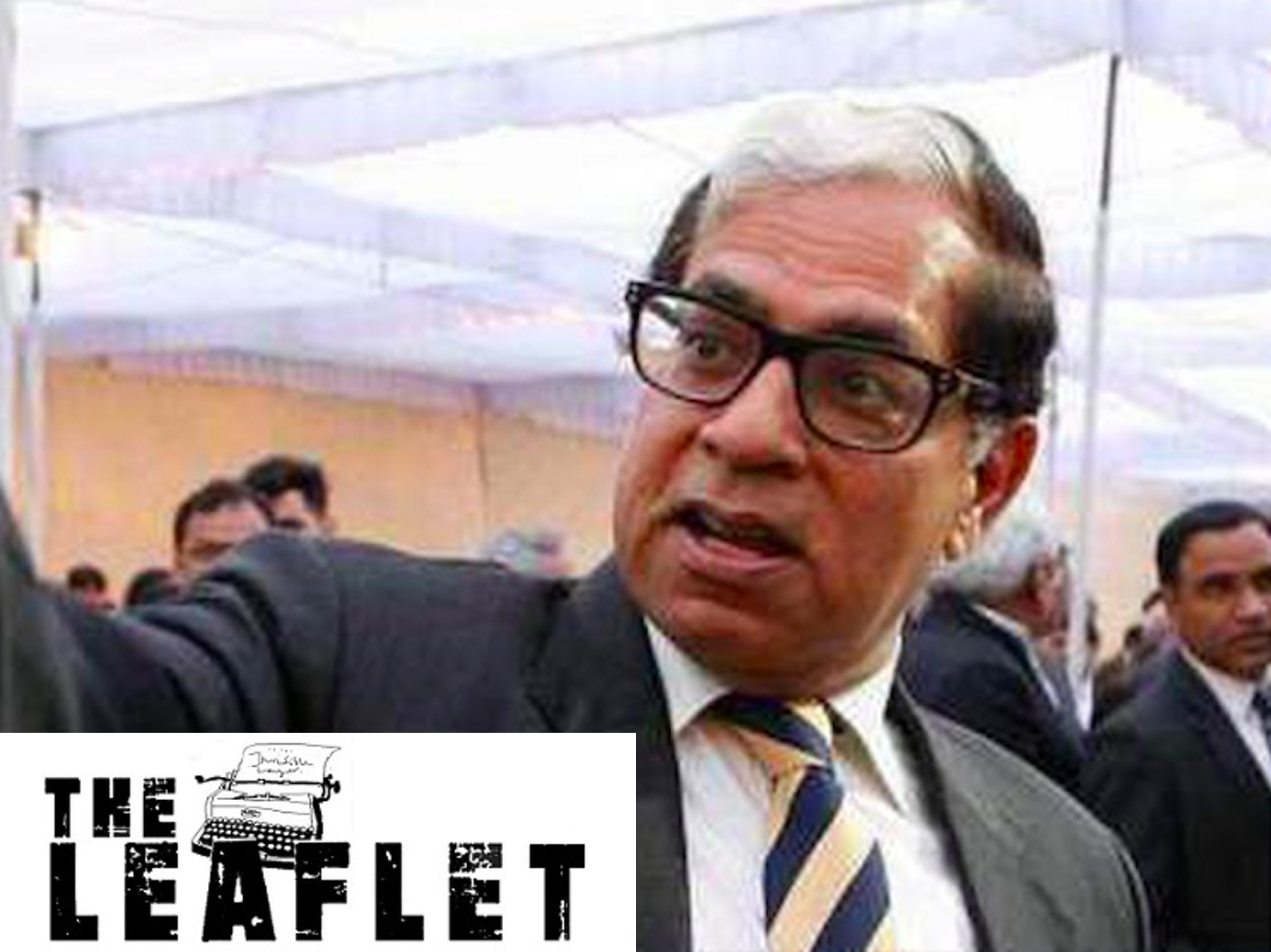The movement against the death penalty in present-day India faces a tremendous challenge in terms of extensive public clamour for swift executions, removal of appeals, and even support for summary executions.
Read MoreIn the judicial discourse on human sacrifice and punishment in criminal law, there are glaring errors, such as in the Supreme Court’s judgment in Ishwari Lal Yadav v State of Chhattisgarh.
Read MoreAs courts are deciding on the execution of the perpetrators of the December 2012 gang rape and murder case, the debate on the death penalty in India is once again at the forefront, raising the unanswered question of the effectiveness of the death penalty.
Read MoreJudicial processes demand dispassionate equity that gives due regard to substantive requirements of sentencing
Read MoreIndia has an obsession with retributive and deterrent approaches and an increasing aversion to another goal of punishment – rehabilitation.
Read MoreOur criminal justice system is not working as it should not because we don't have harsher punishments but because we're too distracted by them to do ask for actual reforms.
Read MoreThe brutal gang-rape and murder of a doctor in Hyderabad by four men unknown to her has once again brought back the conversation on death penalty for sexual violence into the public realm.
Read MoreIn a recent case, the Supreme Court confirmed the death sentence of a person convicted of rape and murder of a minor, even while one judge dissented about the quantum of punishment, raising difficult and complex questions about capital punishment in India.
Read MoreA critique of the excessively narrow approach of the law that takes into account only those mental illnesses that appear on the psychotic spectrum.
Read MoreThe Bombay High Court on July 29 commuted the death sentence of the convicts to imprisonment for life in the case of rape and murder of a Pune-based Wipro BPO employee in 2007. The judgment is another instance that demonstrates the burden of retaining the death penalty. It highlights the callousness with which the state executive administers it.
Read MoreA close look at the commutation of a death sentence to life imprisonment on the grounds of post-conviction mental illness yields a few legal observations on the reasoning for commutation. What makes post-conviction onset of mental illness a factor for commutation is not that the person is no more culpable, but that the mental illness in prison in addition to punishment is “punishment plus.”
Read More

















